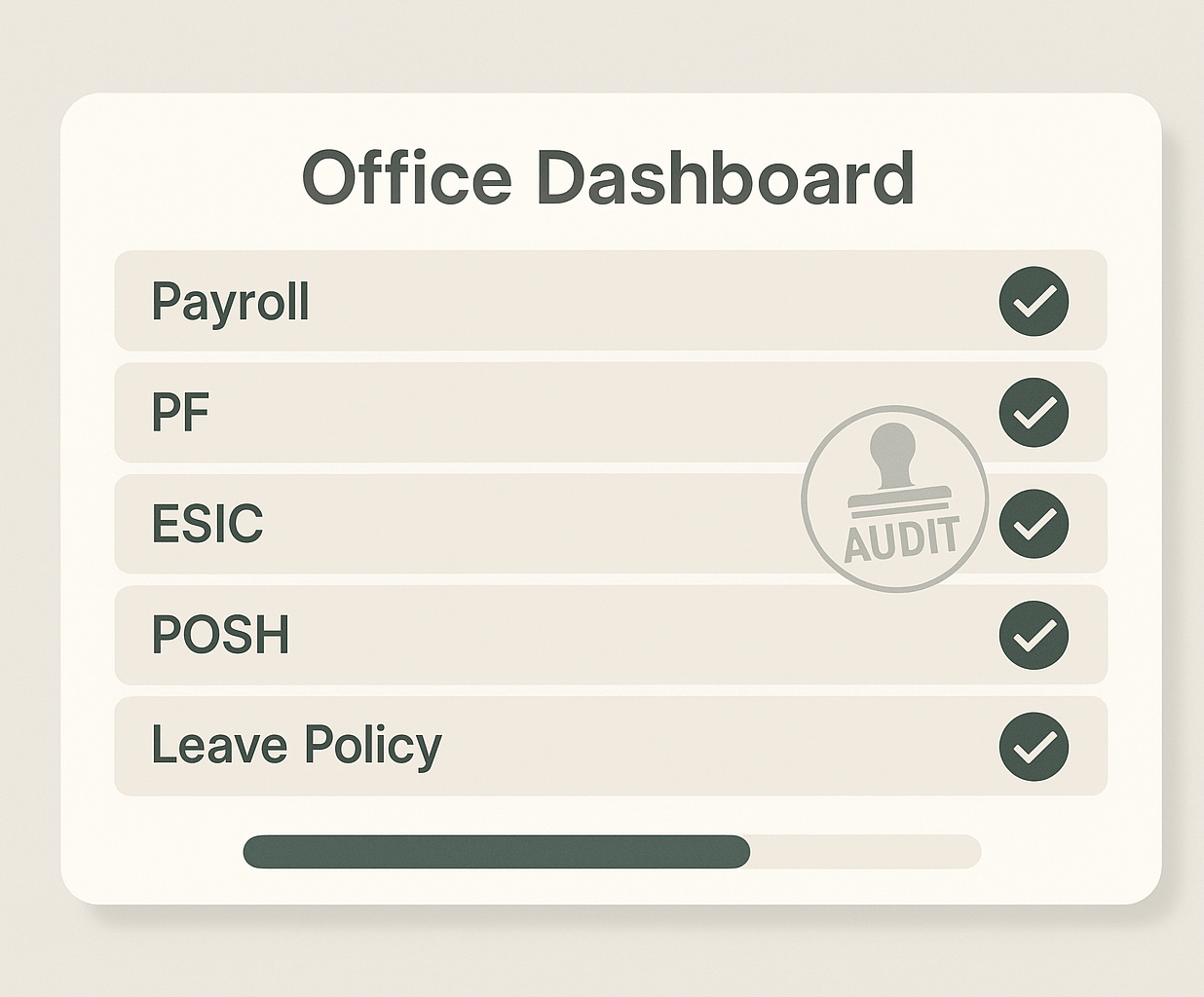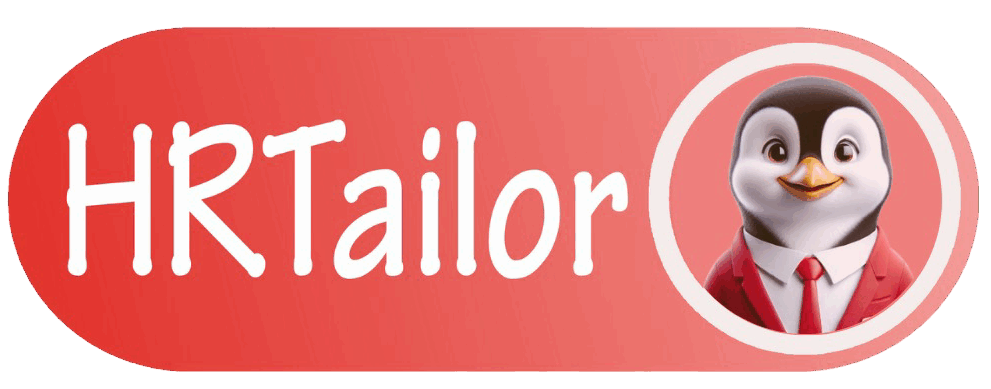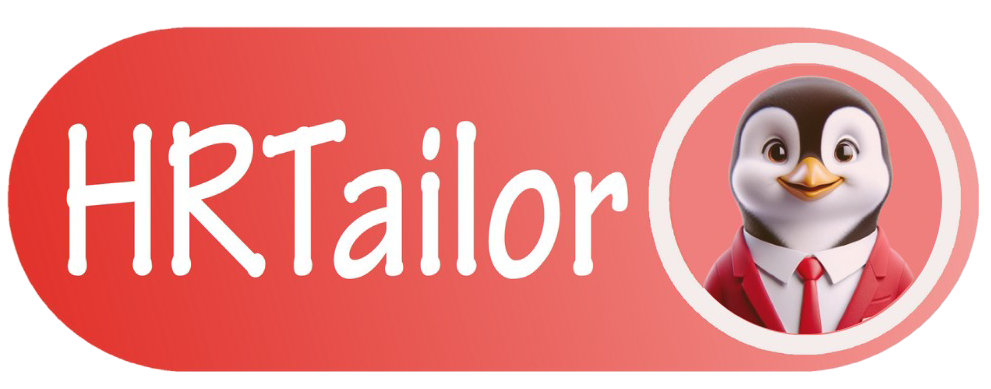
How to Prepare for Your Next HR Compliance Audit and What to Expect in the Report
Preparing for an HR Compliance Audit isn’t just about ticking boxes. It’s about understanding the laws, organizing documentation, and aligning your policies with ever-evolving regulations. In 2025, with India’s workforce becoming more tech-enabled and labor reforms getting stricter, HR compliance has gone from a back-office task to a boardroom priority.
Whether you’re facing a scheduled review or just want to get audit-ready, this guide will walk you through exactly what to expect—and how to prepare.
Why HR Compliance Audits Matter More Than Ever
With digital scrutiny on the rise, authorities can now detect compliance gaps faster, especially in areas like payroll processing, PF/ESI filings, or POSH adherence. Investors, clients, and even candidates increasingly assess a company’s credibility through its HR discipline.
More importantly, non-compliance today doesn’t just mean fines—it can result in employee disputes, operational delays, and even public reputation risks.
What Triggers an HR Compliance Audit?
In India, compliance audits may be:
Internal – initiated by your own HR or finance team
External – requested by investors, clients, or certifying agencies
Government-mandated – by EPFO, ESIC, Labour Department, or Women & Child Welfare Ministry (POSH)
Companies operating across multiple states or employing over 20 people are especially likely to be audited regularly. Those applying for funding or entering new partnerships should also expect heightened HR scrutiny.
The Essential Pre-Audit Checklist
To prepare, start with the following audit-readiness checklist:
Employee Records
Digitally stored offer letters, ID proofs, KYC, and contracts
Form 11, PF and ESIC declarations
Gratuity nominations and background checks
Statutory Registrations
PF, ESI, Professional Tax, Labour Welfare Fund
POSH Internal Committee registration
Shops & Establishments Act and CLRA compliance (if applicable)
Payroll and Salary Documentation
Monthly payslips with structured components
ECR reports, challans, and salary registers
Overtime, leave, and holiday compensation tracking
Policies and Procedures
Updated HR Manual and Code of Conduct
POSH policy and training records
Leave, attendance, and grievance redressal mechanisms
Audit Trail
Clear version control on documents
HRMS logs, change history, and authorization records
What Auditors Typically Examine
Once the audit begins, expect a deep dive into the following areas:
Statutory compliance: Are deductions correct? Are deposits timely? Is every employee covered under applicable Acts?
Policy enforcement: Have your policies been effectively communicated and implemented? Are employee signatures in place?
Workforce classification: Are interns, freelancers, and third-party contractors correctly documented?
Gender safety and grievance redressal: Is your POSH committee functional? Has training been conducted? Are reports filed?
Auditors will often request random samples of employee files and payroll logs, along with screenshots from your HRMS.
Common Gaps That Get Flagged
Even well-structured companies often face issues like:
Outdated or unsigned policies
Inconsistent leave tracking vs. policy
Missed PF contributions for short-term hires
POSH committee without an external member
Manual registers with missing data or overwriting
To stay ahead, companies must regularly conduct mock audits and fix blind spots before they appear in a formal report.
Post-Audit: What to Expect in the Report
Typically, an HR Compliance Audit report will highlight:
Non-compliance areas – categorized by criticality
Suggestions for remediation – with timelines
Risk assessments – explaining possible legal or financial implications
Best practices – benchmarking your policies against industry norms
Some reports also include a compliance scorecard, which can be useful when applying for certifications or funding.
Getting Proactive About Compliance
Waiting for an audit to fix HR compliance is like installing a seatbelt after a crash. In 2025, compliance needs to be embedded in your systems and culture.
For fast-growing Indian companies, it makes sense to work with experts who live and breathe compliance—and help you stay prepared without overwhelming your internal teams.
That’s where HRTailor fits in. With a digital-first approach and expert-led compliance monitoring, we help Indian businesses streamline their HR processes, reduce legal risks, and ace audits—all while staying lean and scalable.

